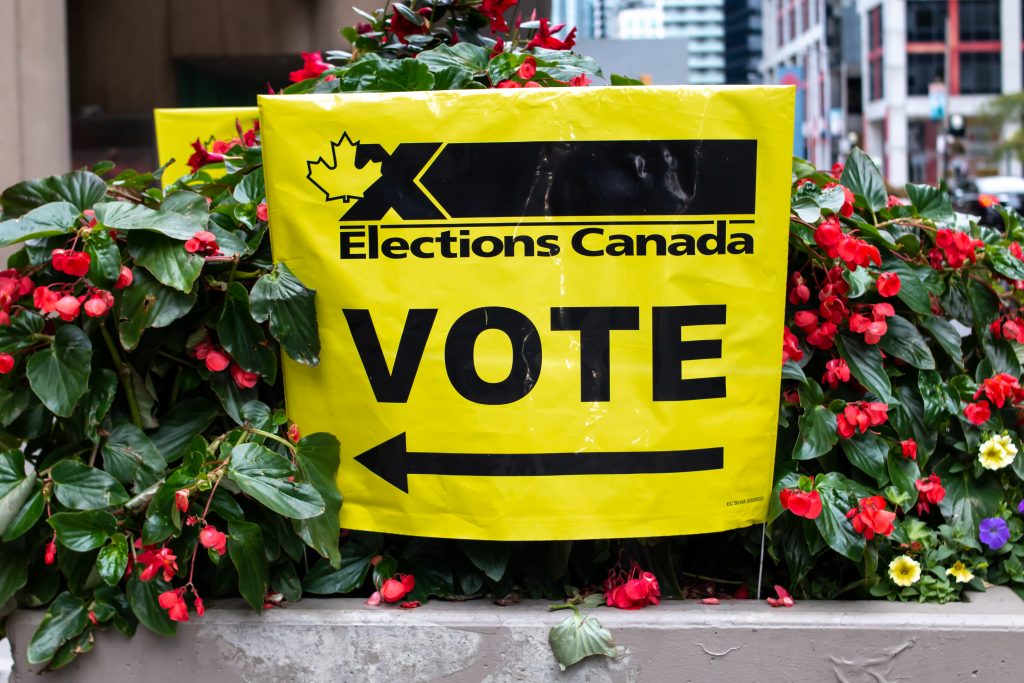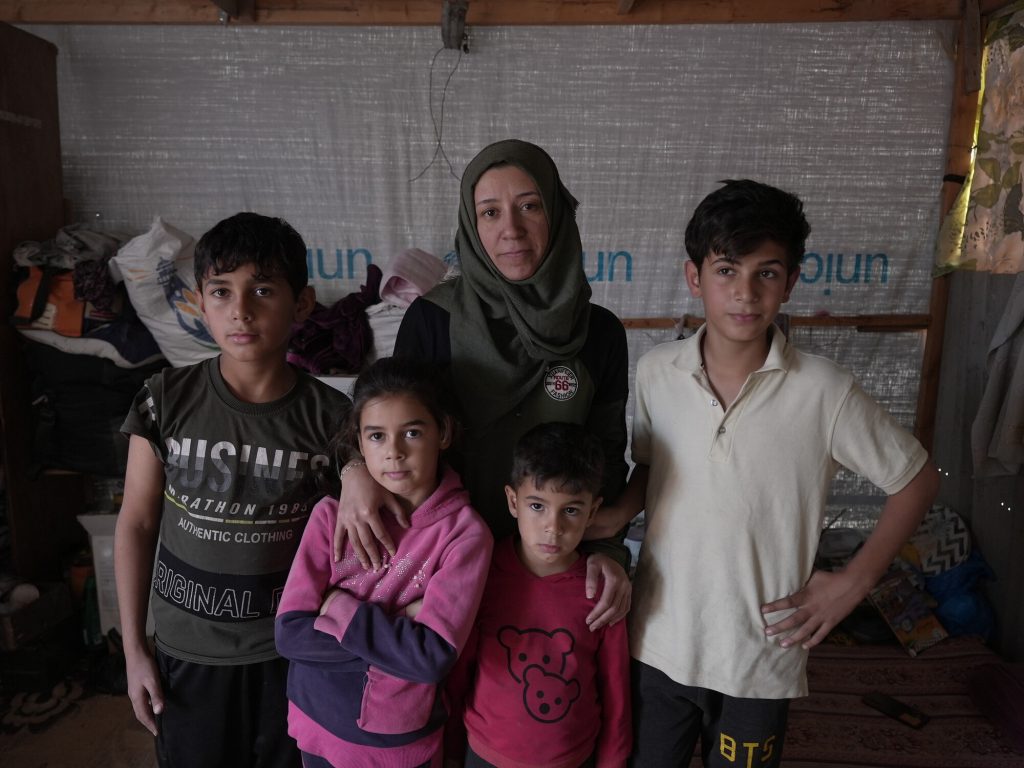Why is Oxfam calling for a World Tax Summit?
Why is Oxfam calling for a World Tax Summit?
by Winnie Byanyima
As the World Economic Forum in Davos draws to a close, the real work to identify joint solutions to end extreme inequality is only just beginning.
Throughout the week at Davos, Oxfam has been putting rising inequality on the agendas of government and business leaders from across the world. From Christine Lagarde to Obama to Bill and Melinda Gates, leaders are speaking out on inequality. But it’s time for leaders to turn words into deeds and agree on global action to reduce inequality.
Making tax fair is one of the issues most in need of global action if we’re to tackle the problem of inequality. Oxfam is calling for an unprecedented event, a World Tax Summit, where all countries come together to make tax fair and help close the gap between rich and poor.
Corporate tax: part of the problem and the solution
Put simply, inequality rises when tax rules are unfair. That’s why corporate tax is a key focus of Oxfam’s new Even It Up campaign to tackle extreme inequality. When corporations pay less tax, their profits increase, and these profits end up overwhelmingly in the pockets of the top 10% and 1% of richest people. At the same time, when companies don’t pay their taxes, it is left to us, citizens and small businesses to fill the gaps.
But corporate tax could be part of the solution to reduce inequality. Governments could raise revenues and invest them in the very services, such as health and education, which are vital to reducing inequality and fighting poverty.
Retro rules
The current corporate tax system is outdated. The rules we live with today are from a by-gone era and remain essentially unchanged since the 1920s: From a time when world trade was less than 1% of what it is today, a time when companies “resided” very clearly in one country and “sourced” from another, a time when the digital economy didn’t exist and it was much more difficult to manipulate your companies’ activities to take advantage of different tax regimes to pay less tax.
Today’s multinationals can exploit yesterday’s tax system to shift profits and dodge tax. Big companies are running rings around the current tax system. And our government leaders are letting them get away with it.
Countries not companies
It's countries, not companies, that need to do the job of re-writing the global tax rules. To some extent, that work has already begun. Oxfam has welcomed global efforts to reform the international tax system. But current efforts don’t go far enough. Under the current reform process, not all countries have a say, big companies have too much influence and countries that are effectively tax havens – like Luxembourg – are given a seat at the negotiating table. Would you let a tobacco company write cancer prevention policy? Would you let a fast food chain write healthy eating policy? Will we let tax havens make new global tax rules even less fair?
At the same time, developing countries – which may lose $100 billion a year from tax dodging and generous tax incentives – aren’t given an equal voice in the negotiations under way to rewrite the tax rules. This means that current talks exclude more than a third of the world’s population. That’s why Oxfam is calling for a World Tax Summit, where all countries are invited and where the rights and needs of citizens are prioritized over the profits of corporate giants. We can’t make tax fair if the journey to change isn’t fair. That journey must begin with a truly inclusive World Tax Summit.
The World Tax Summit
2015 is a landmark year for the future of international cooperation. The World Tax Summit will seize this moment by taking place alongside the UN Financing for Development conference in Ethiopia in July 2015, where the common goals for global development for the next 15 years will be finalized. The World Tax Summit aims to:
• Bring together Heads of State to steer us on the path to fair tax.
• Put tax issues which often get side-lined but that are vital to developing countries – such as where profits should be taxed (the source vs residence taxation debate) and tax competition – at the top of the agenda
• Get government leaders to acknowledge that the race to the bottom – where countries compete against each other to offer low corporate tax rates – is bad for all of us and needs to stop.
When tax rules are unfair, ordinary people in countries rich and poor alike lose out. But its people in the poorest countries which are hit the hardest. That’s why it’s so vital for developing countries to have an equal say in global tax reform. And that’s why Oxfam will be campaigning with allies across the world to make tax fair.
Winnie Byanyima is Executive Director of Oxfam International. She is co-chairing this year's World Economic Forum in Davos.
Take action to Make Tax Fair. Sign the petition to world leaders now:
https://act.oxfam.org/international
Learn more about Oxfam's campaign to Even It Up
oxfam.ca/even-it-up

